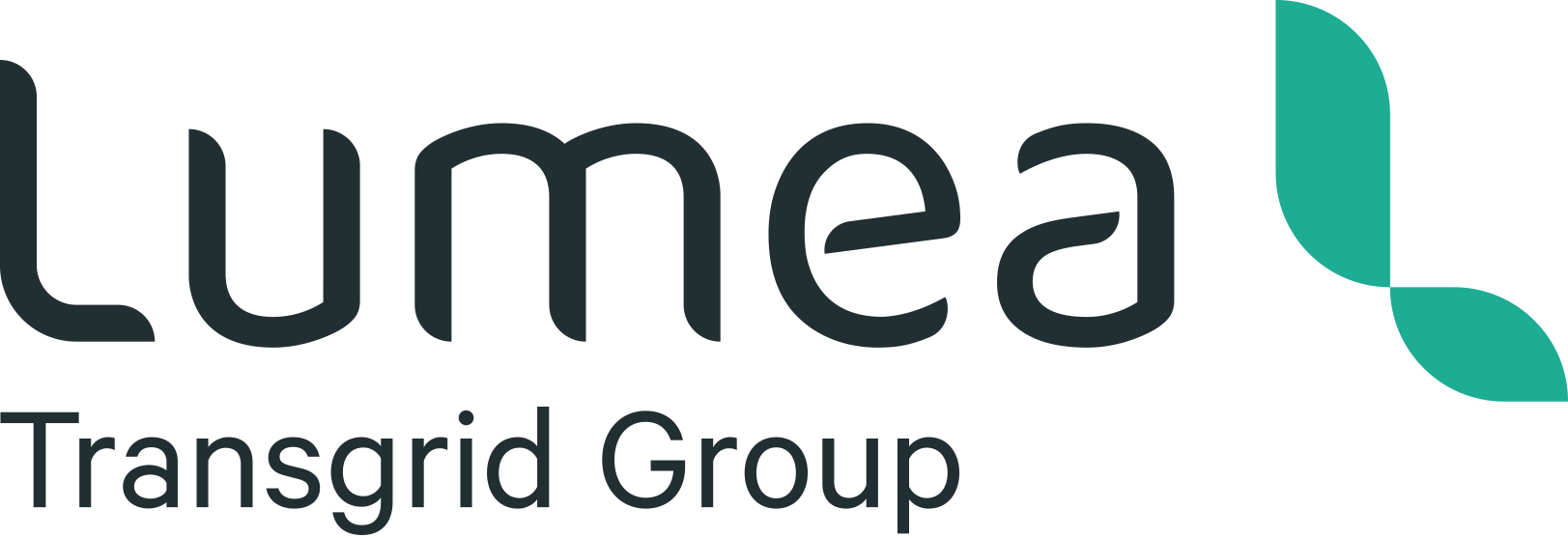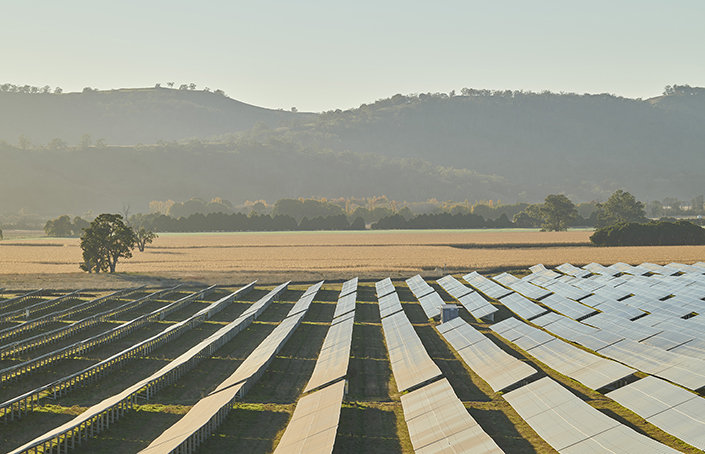The renewable energy transition is accelerating despite broad impacts across the National Energy Market (NEM) from the pandemic, flattened investment interest and grid challenges, with NSW currently leading in the development of renewable generation projects while Victoria is driving much needed energy storage development.
Essential energy infrastructure services provider Lumea says it’s seen more projects reach financial close in NSW in the past three months than in the entire NEM in the previous year. Between January and June this year, Lumea alone closed projects expected to generate 600 megawatts (MW). Between July and September that number rose to approximately 1300MW – enough to power 650,000 households. In total, Lumea has provided connections services for 11 gigawatts (GW) of renewable energy, powering 4 million households, and that number is growing.
Lumea’s Chief Executive Richard Lowe says the surge in investor activity is thanks in large part to the Australian Energy Market Operator (AEMO) and transmission network service providers working to address grid connection challenges, mitigating some of the risk attached to large projects.
“The market for renewable energy grid connections across the NEM has been progressing steadily but we are now seeing a significant uptick,” Mr Lowe says.
Lumea, a TransGrid brand, has been integral to 90 per cent of renewable energy connections to the NEM in NSW. Its portfolio of connected energy projects has grown from 500MW five years ago to more than 12,000MW today extending outside of NSW across the entire NEM, and has first-hand knowledge of how the roadblocks are being removed and where the sector is heading.
Maheshini Weerackoon, Lumea’s Grid Connections Manager, says the key to faster connections is to focus specialist expertise to achieve key project deadlines. This gives investors comfort to commit to new generation assets with confidence that potential connection issues will be resolved without impacting their long term revenue profile.
Slow-downs in projects earlier this year came as operators and owners waited to see how the market would respond to various system strength challenges.
Developers are increasingly looking at the larger voltage connections, Lumea is seeing demand for voltage connections moving from 132 kilovolts (kV) to 330kV and up to 500kV, as projects such as the 384MW Rye Park Wind Farm - the largest in NSW - and battery projects such as Capital BESS as part of the ACT’s 100% renewable targets connect to the national grid.
“Right now, we’re seeing the results of various government legislation and grant programs bearing fruit. With initiatives in each state in the NEM being more conducive to connection or renewable energy," says Lumea’s Head of Infrastructure, Nigel Buchanan.
The Lumea 300MW Deer Park Grid Battery is planned to be fully financed from private sector market participants without any government funding, and will be a first for Australia as it will operate in the NEM from the Deer Park Energy Hub in Victoria, a key source of electricity supply for metropolitan Melbourne.
Government funding, including NSW's $75 million Emerging Energy Grant, Victoria's Energy Innovation Fund and initiatives of ARENA and the CEFC have played a vital role in facilitating the rapid adoption of renewable energy and associated clean technologies. However, new projects are beginning to demonstrate private market viability, enabling increasing focus on emerging technologies such as hydrogen.
The growth of Lumea into private market player in essential infrastructure reflects the changing face of the Australian energy market. Lowe says that Lumea is now using their skills and expertise to expand into up and downstream energy services such as energy storage, telecommunications and data, energy management systems and transportation.
“We are proud to further accelerate the energy transition underway. Whilst we have seen rapid growth in recent years, the transformation has a long way to go to realise the enormous benefits of renewable energy for our customers and the communities we serve,” Lowe concludes.
ENDS
This article appeared in the September 24th 2021 print edition of the Australian Financial Review.


